Essay submitted by The Honourable Murray Sinclair, LLB, MSC, IPC
Retired Senator; Chief Commissioner, Canada’s Indian Residential Schools Truth and Reconciliation Commission; Lawyer
Change is going on around us as we speak and as I write this.
One thing I have learned over the years is that change is unpredictable and the only thing you can safely say about it is that it is inevitable and that things will never be the same.
In terms of current trends and influences, there are things going on today that greatly concern me such as the growing rise of fascism as a political force around the world. Its growth and presence in Canada cannot be denied. The ongoing benevolent view of the need for increased capitalism, while seemingly innocuous, has given rise to a class of enormously wealthy individuals and their influence can easily influence the rise of plutocracies around the world where the wealthy unduly influence how we are governed.
Amidst all of that, we yet have incredibly large populations of highly impoverished people, among them the Indigenous people of Manitoba, but even that population is changing. We now have more university and other post-secondary Indigenous students than ever before and they are populating the professions such as law, education, medicine, engineering, architecture, not to speak of their growing presence in the media and the resulting change in news, visual entertainment and documentary coverage.
That increasingly educated population of young leaders are more aware of the history of Indigenous and non-Indigenous relations in this country, but they are also aware of their own peoples’ histories and traditions and are working on ways to bring their own cultures and languages into the lives of their children.
That awareness makes for a different conversation as we move into the future and while those conversations may initially be confrontational, I suspect with the changes we see in the way we educate all children about this country and about each other, those conversations will become more positive and focused on co-existence.
Reconciliation is about co-existence after all, and a relationship of mutual respect. Before we can get there however, we will need that process of Indigenous claiming of self-respect and their own discovery of validation. I believe that change to be inevitable. That’s where I believe we’ll be in a few generations.
We need to feel we matter.
Biography
The Honourable Murray Sinclair, LLB, MSC, IPC, is an Anishinaabe and a member of the Peguis First Nation. He is a Fourth Degree Chief of the Midewiwin Society, a traditional healing and spiritual society of the Anishinaabe Nation responsible for protecting the teachings, ceremonies, laws, and history of the Anishinaabe. He graduated from law school in 1979. He has been involved with the justice system in Manitoba for more than 40 years, as a lawyer representing Indigenous clients, as an Adjunct Professor of Law at Robson Hall, as Associate Chief Judge of Manitoba’s Provincial Court and as a Justice of the Court of Queen’s Bench. He was the first Indigenous Judge appointed in Manitoba and Canada’s second. He served as Co-Chair of the Aboriginal Justice Inquiry of Manitoba and as Chief Commissioner of Canada’s Indian Residential Schools Truth and Reconciliation Commission. He retired from the Bench and was appointed to the Senate in 2016. After retiring from the Senate in early 2021, he returned to the practice of law and mentoring young lawyers. He is currently writing his memoirs.



 Children, Youth & Families
Children, Youth & Families